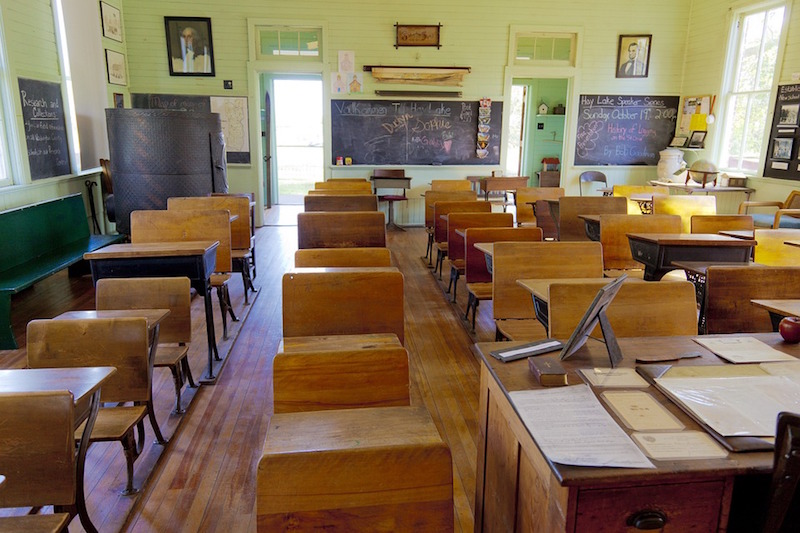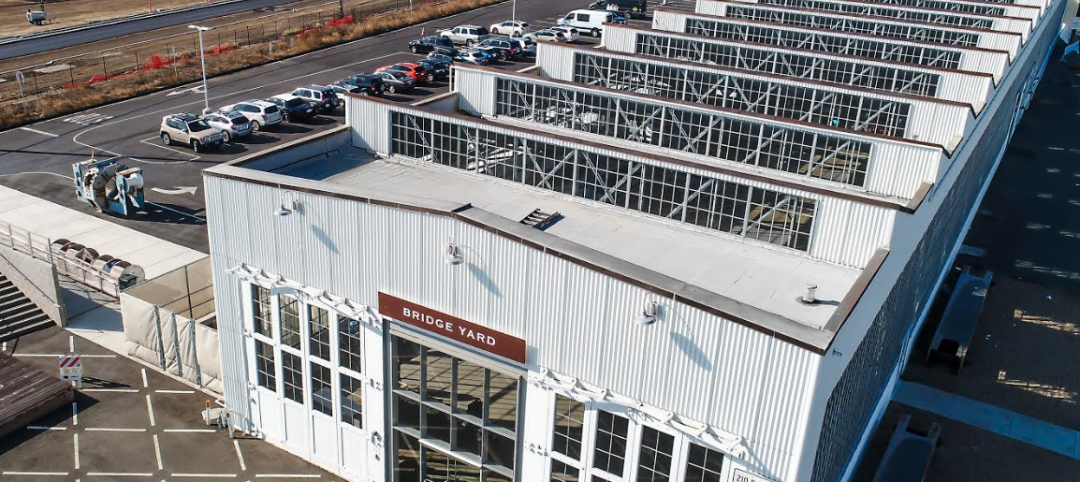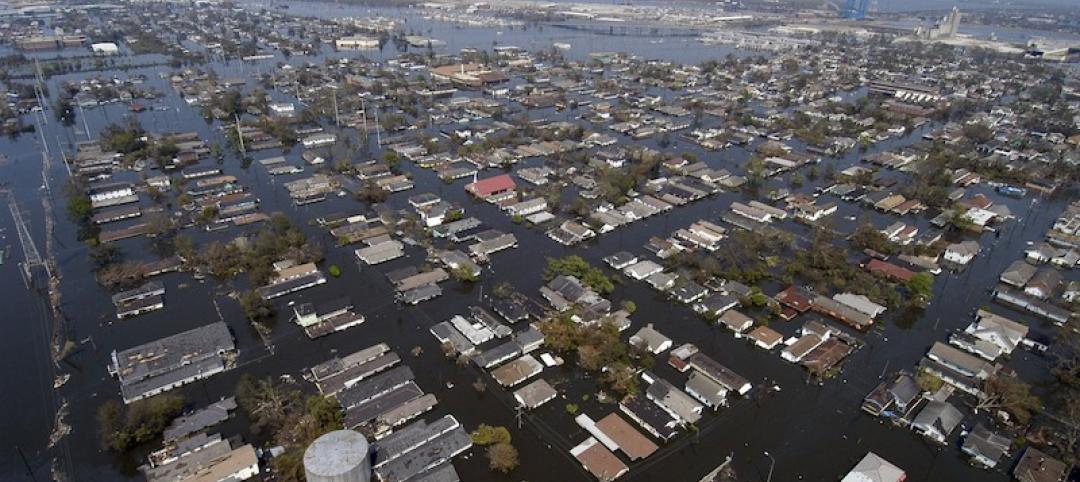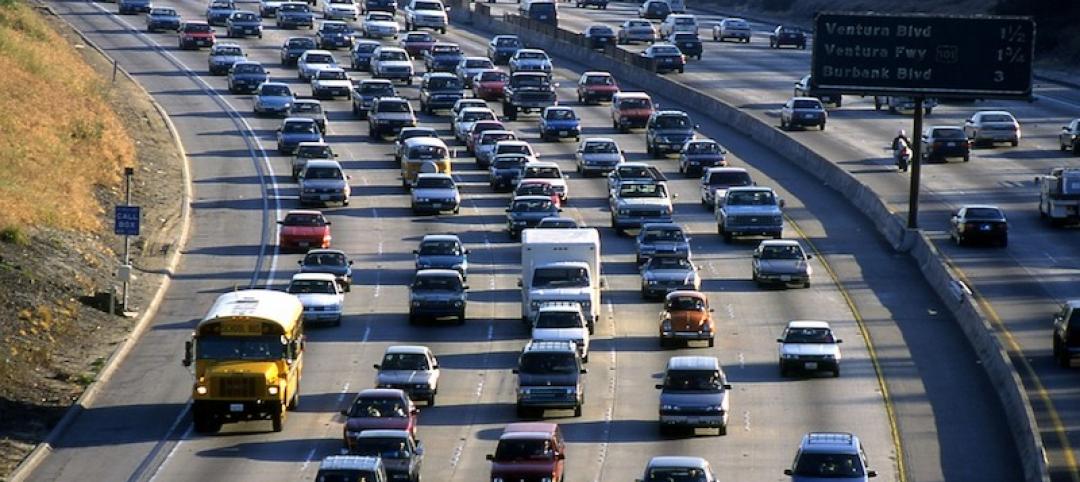The U.S. Department of Energy recently launched the zero energy schools accelerator, an effort to develop cost-competitive zero energy school design.
Six school districts, two states, and several national organizations are working collaboratively on the effort. DOE defines a zero energy building as “an energy-efficient building, where on a source energy basis, the actual delivered energy is less than or equal to the onsite renewable exported energy.”
The program’s goal is to quickly make Zero Energy K-12 schools more mainstream. Participating school districts commit to developing their own zero energy plans for a district project within a year. They can also engage with fellow states and school districts, and gain support from regional and national organizations.
Officials kicked off the program at a school in Arlington, Va., that features advanced next generation energy efficiency and renewable power features, including solar rooftop and geothermal heating and cooling systems. Zero Energy schools have the potential to save 65%-to-80% in energy consumption, depending on climate the zone, DoE says.
Related Stories
Codes and Standards | Jan 2, 2019
Study compares labor hours for various low-slope roofing options
Type of roof covering, project parameters, tool management, and crew efficiency all impact profitability.
Codes and Standards | Dec 20, 2018
New York’s ‘Scaffold Law’ under fire for driving up project costs
Lawmakers under pressure to reform law that makes contractors 100% liable for work-site injuries.
Codes and Standards | Dec 19, 2018
Guidance for water utilities on indoor recycled water use released
Provides recommended ranges on 13 different parameters of water quality.
Codes and Standards | Dec 18, 2018
Development in Africa, Asia, and uptake in air conditioning will require more efficient buildings
Dramatic action will be needed for global building sector to cut carbon in line with international agreements.
Codes and Standards | Dec 14, 2018
Emissions for buildings and construction have peaked, UN says
Greener buildings have led to leveling off of GHGs.
Codes and Standards | Dec 13, 2018
Urban flooding causing economic loss, social disruption, and housing inequality
Extensive suburban development, aging and poorly maintained infrastructure, and more intense rainfall mean more flooding.
Codes and Standards | Dec 12, 2018
California’s transportation problems could prevent state from reaching carbon reduction goals
Governor’s carbon neutral-by-2045 ambitions at odds with car culture.
Codes and Standards | Dec 11, 2018
Strict seismic building codes credited with minimizing damage in Alaskan earthquake
Magnitude 7.0 temblor cracked roads and collapsed road ramps, but buildings held up well.
Codes and Standards | Dec 7, 2018
Florida tops ABC’s 2018 Merit Shop Scorecard rankings
Michigan rose fastest after passing prevailing wage law.
Codes and Standards | Dec 6, 2018
North American steel yields lower GHG emissions than Chinese steel
North American construction steel saves about half of GHG emissions on building project.

















